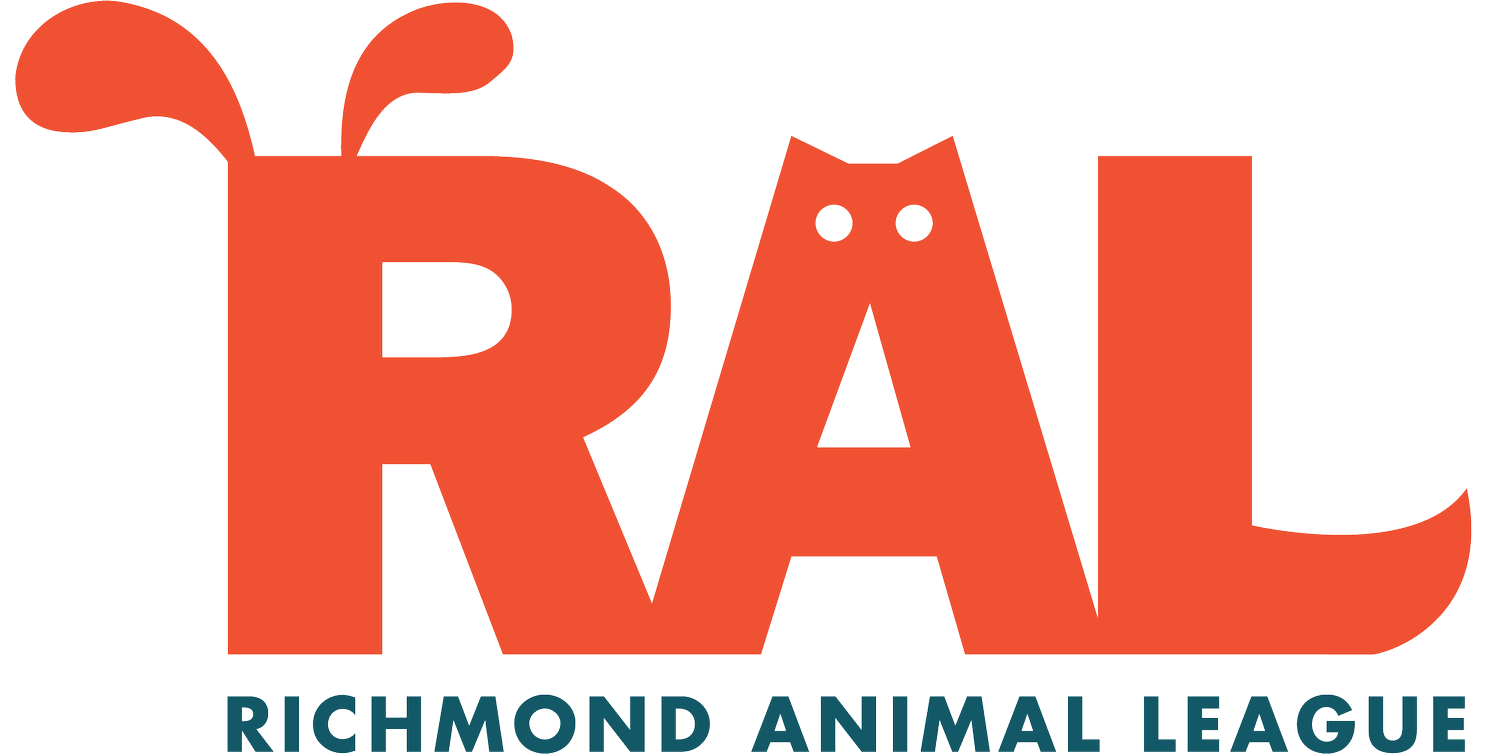Destructive Chewing
Chewing is a natural behavior in dogs, as they use their mouths to explore and interact with their surroundings. Without access to appropriate chew toys and encouragement to utilize them, this innate behavior often leads to the damage of cherished household items. Puppies, particularly during teething, can be especially prone to destructive chewing. To safeguard your furniture, shoes, and other valuable possessions, it's essential to provide your puppy with an array of chew toys and supervise their use carefully.
Acquire a variety of chew toys (such as Nyla bones, Kong toys, antlers, etc.) and rotate them regularly to keep your dog engaged. Promote toy usage by incorporating them into play sessions, smearing food on or within the toys to enhance their appeal, or soaking them in chicken broth. Offer praise when your dog chews on their designated toys. If you catch them in the act of chewing on an inappropriate item, instruct them to "give" in exchange for a food treat and then replace the item with one of their toys. In cases where your dog targets furniture or woodwork, consider using a bitter-tasting product like Fooey or Bitter Apples on the area. Be sure to reapply the spray daily until your dog associates the item with an unpleasant taste.
Avoid providing your dog with chew toys that resemble items they are not allowed to chew on. Offering old sneakers or socks can create confusion. Your dog's chew toys should be distinctly identifiable as toys meant for chewing.
Frequently, dogs learn that seizing a forbidden object results in attention from their owner. To curb this attention-seeking destructive behavior, it's crucial not to respond to it. Refrain from engaging in a chase game with your dog, even if it means sacrificing the item they've taken hold of. This is precisely what they desire, and it can be quite entertaining for them. Instead, ensure that you give your dog ample attention when they exhibit good behavior. Additionally, teaching your puppy a "drop it" or "give" command will enable you to retrieve items without resorting to a chase.
Never administer punishment after the fact. If you don't catch your dog in the act of chewing, it's ineffective to punish them. They won't connect the punishment to their prior actions and may develop fear towards you.

